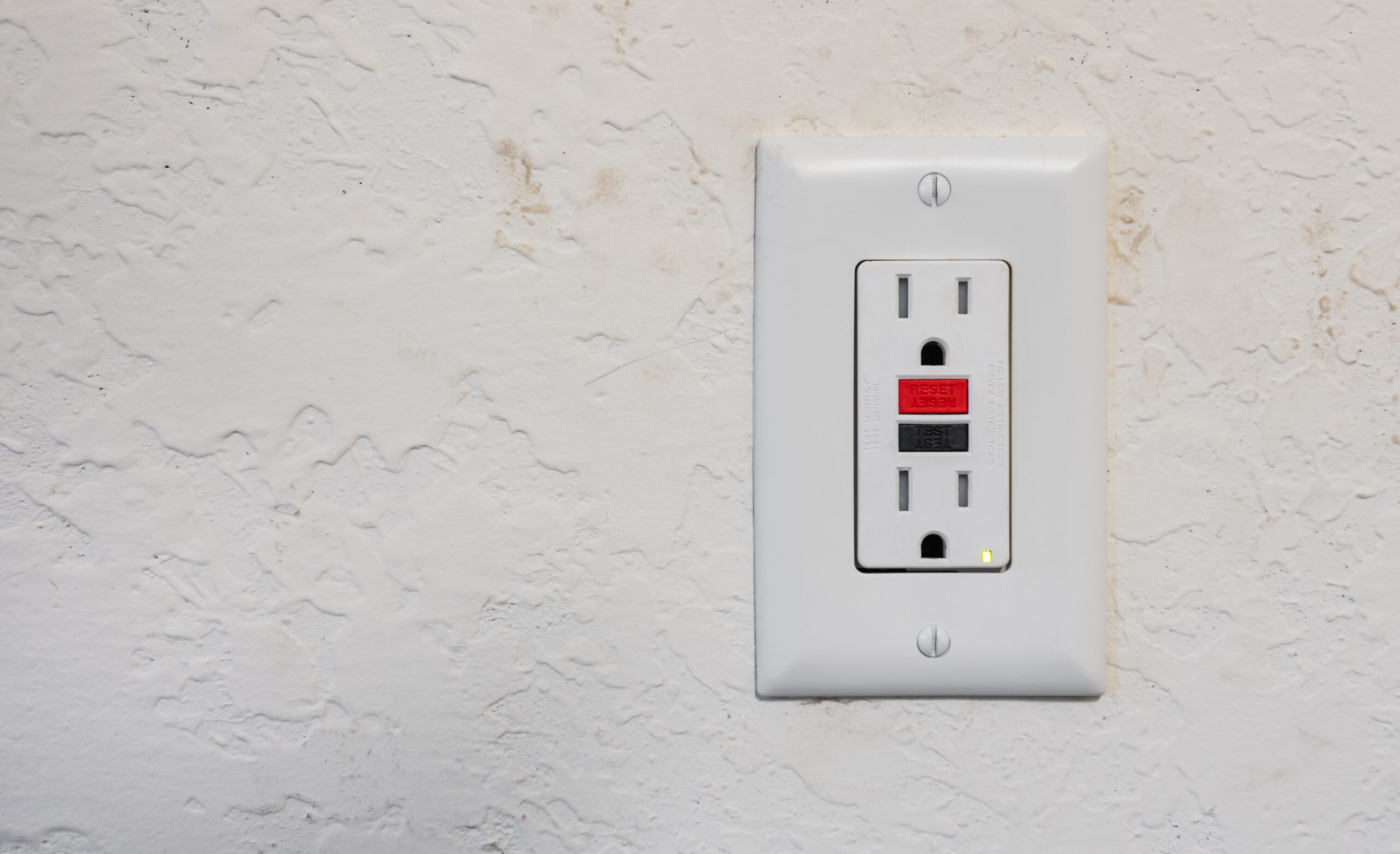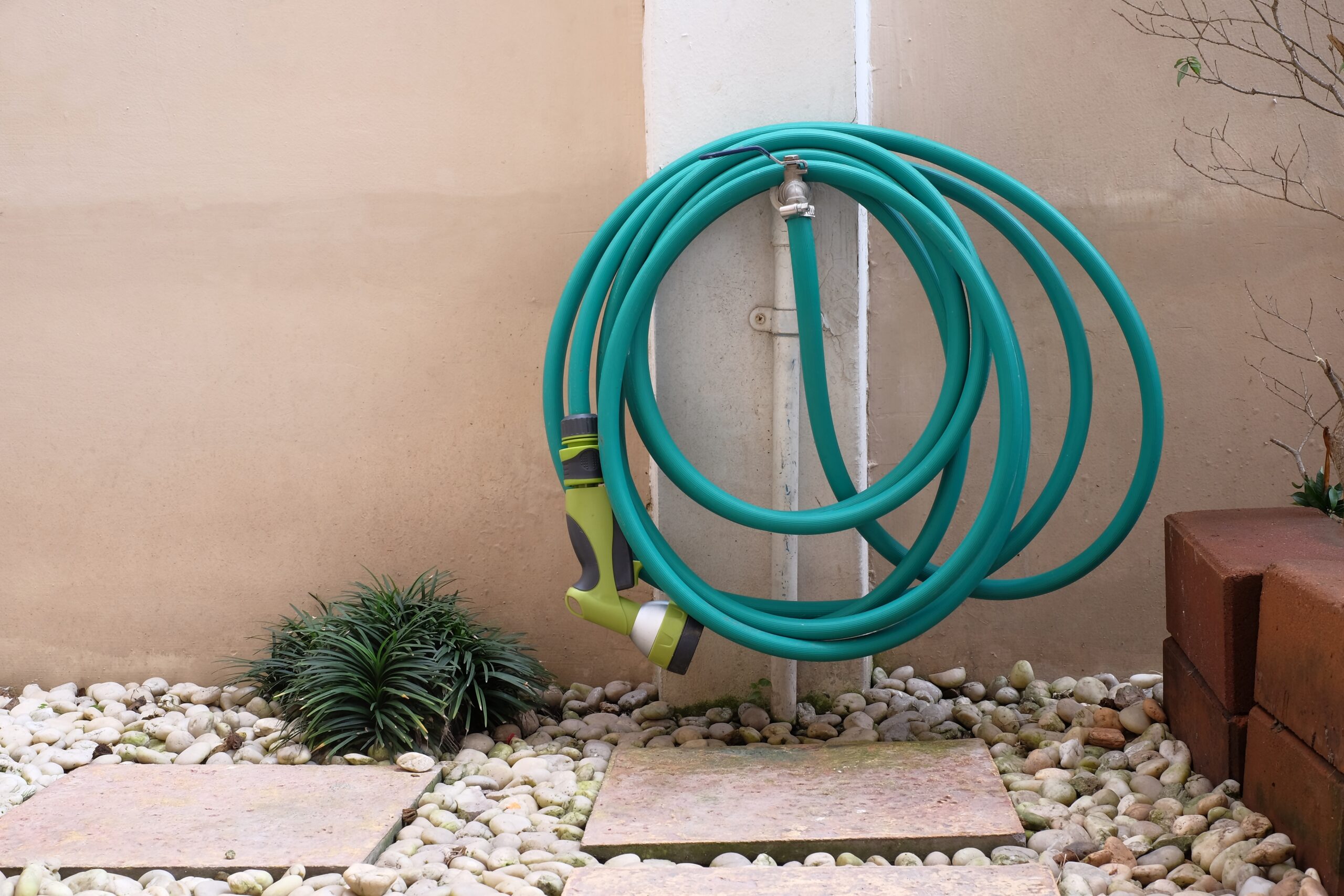|
Getting your Trinity Audio player ready...
|
Last Revised: 7/7/25
Stop me if this has happened to you: you bought a dishwasher, scheduled delivery and installation – but when the crew arrived, they refused to hook it up. Why does this happen?
Now your new dishwasher sits in the middle of your kitchen, still boxed – like a monument to a broken promise. Instead of enjoying it, you’re scrambling to move the old one, reorganize your day, and figure out who (if anyone) will finish the job.
Whether you’re planning your install or already staring at that unopened box, this article will help you understand what went wrong with Home Depot or Lowe’s – and what to do next.
At Mattioni, we’ve helped dozens of homeowners get out of dishwasher install limbo and find that all-too-elusive peace of mind – because we’ve stepped in when national retailers fell short.
Here’s what you’ll learn:
- Why installers walk away
- What most homeowners miss ahead of time
- What to do within 24 hours of a canceled install
- How to make sure it doesn’t happen again
Let’s answer the question: “Why did the Home Depot or Lowe’s installer refuse to hook up my dishwasher?”
10 Common Reasons Your Dishwasher Installer Walks Away
You did everything right. But these big-box installations often come with hidden conditions and strict limits. Here are the most common reasons installers from Home Depot or Lowe’s cancel the job, even after saying yes:

1. Non-Compliant Plumbing or Electrical
Installers often walk away if the setup under your sink or behind the appliance doesn’t meet current safety codes. That could mean a rusted shut-off valve, an outdated electrical outlet, or the lack of proper wiring for the dishwasher. Installers aren’t legally allowed to make changes, so if they find anything questionable, they’ll stop the job on the spot.
What to do about it:
Start by checking your shut-off valve under the sink. If it’s difficult to turn, corroded, or leaks, you may need to replace it. Look at the outlet too – if it doesn’t have a “test” and “reset” button, it might not be a GFCI outlet (ground fault circuit interrupter), which is designed to shut off power in unsafe conditions and required for kitchens.
If you’re unsure or uncomfortable checking these, a quick visit from a licensed plumber can give you peace of mind.
2. Tight or Misaligned Spaces
A new dishwasher won’t always fit exactly where the old one was – especially if you’ve had new flooring or cabinets installed recently. Even a quarter-inch can be enough to halt the job.
What to do about it:
Before install day, measure the height, width, and depth of the opening – not just where the dishwasher sits, but the full cavity. If the space is tight, try removing trim or adjusting the leveling legs on the new unit. Make sure nothing behind the unit (like plumbing or a sharp turn in the drain hose) is reducing clearance. In tight spaces, planning ahead can make a difference.
3. Evidence of Damage or Safety Risks
Installers are trained to walk away if they see signs of water damage, soft flooring, or mold around the dishwasher area. Even if you’ve lived with it for years, it’s a red flag for them.
What to do about it:
Check under your sink and along the floor edges. If you see soft or discolored wood, bubbling paint, or smell something musty, you may be able to address it with wood hardener, mold-resistant primer, or minor cabinet repair materials. For deeper damage, especially near wiring or plumbing, it’s safer to call in a pro before installation.
4. They’re Not Allowed to Make Repairs
Even small tasks – like replacing a cracked hose or adding a shut-off valve – are outside what installers from Home Depot or Lowe’s are allowed to do. They’re there to provide installation services only, which can be difficult to accept, and it isn’t the crew’s fault.
What to do about it:
If you’re comfortable with basic DIY plumbing, you can often replace a water supply line or shut-off valve using compression fittings and simple tools. Watch for leaks after any fix and double-check with your dishwasher manual. If it feels outside your comfort zone, a licensed plumber can make quick work of it – often the same day.
5. Missing or Incompatible Parts
Many dishwashers don’t come with the installation kit – hoses, brackets, or power cords may need to be purchased separately. If those parts are missing or incorrect, the job can’t go on.
What to do about it:
Before the delivery, confirm whether your model includes the parts needed. Installation kits are often sold separately. If you’re unsure which kit to get, check the manufacturer’s site or bring photos of your current setup to the store. Having the right parts ready ahead of time makes for a smoother install.
6. Licensing or Permitting Limitations
In many areas, dishwasher installation must legally be done by a licensed plumber or electrician. The problem? Big-box stores often contract with large installation companies that serve multiple regions – and not every subcontractor is licensed in every township or county.
In some cases, the installer isn’t aware they’re entering a zone that requires credentials they don’t have. Other times, the store assumes the job falls under “simple install” guidelines and doesn’t flag it as a licensed-only area.
What to do about it:
Before scheduling, ask your retailer whether a permit or license is required where you live. If a license is required, make sure the installer is authorized to do the work in your area. You can also skip the uncertainty and hire a fully licensed local plumber – someone who already knows your local codes and won’t run into this issue when they show up.
7. Access Issues or Unusual Locations
Some homes present real logistical challenges for installers – like steep basement stairs, narrow doorways, or unusually high counters. In other cases, building policies in condos or multi-family units require advance notice, insurance, or special procedures that the installer isn’t equipped to handle.
What to do about it:
Before your delivery, think about the path from the front door to the kitchen. Will the box fit through doorways and hallways? Does your building require scheduling with a manager or proof of insurance? These are common roadblocks big-box installers can’t work around. If your home has quirks or access concerns, flag them early – or work with a local pro who’s used to navigating these challenges without delay.
8. Miscommunication Between Sales and Install Teams
The installer may arrive with the wrong information about your home’s setup, the appliance size, or what was included in the job. When there’s a disconnect, they’re often required to stop.
What to do about it:
Before the installation, double-check everything with the retailer: did they record the model you bought, the type of flooring, the cabinet size, and any necessary prep? If you’re unsure, take and share photos of your install space. Better yet, work with a provider who handles both the sales and install process directly – so nothing gets lost in translation.
9. The Installer Abides by Rules to Protect Warranties (and Themselves)
If an installer thinks the way the dishwasher is being hooked up could damage the unit – or void the manufacturer’s warranty – they’ll stop the job. This could mean poor drainage, a bad connection, or improper mounting. These rules protect both you and the installer from expensive consequences later.
What to do about it:
Read the manual or installation guide that came with your dishwasher – it outlines exactly what conditions are required. Things like drain hose height, electrical grounding, and secure anchoring really do matter. If you’re unsure whether your setup meets the specs, ask a trusted installer to double-check before the job starts. Protecting the warranty means protecting your investment.
10. Unrealistic Expectations of What “Installation” Includes
Some homeowners assume installation includes tasks like removing stuck dishwashers, adjusting cabinetry, or re-routing plumbing – but those services are actually rarely included.
What to do about it:
If you’re removing the old unit yourself, shut off the power and water first, and be cautious of any hardwired connections or drain traps. Check whether the new dishwasher’s dimensions and connections match the old one. If something looks tricky – like a stuck appliance or odd plumbing setup – plan ahead to have help on hand. Knowing what’s included, and what’s not, keeps you in control.
Dishwasher Installation Canceled? Here’s What Happens Next (and How to Fix It)
Once the installation is refused, it can feel like you’re left in no-man’s-land – but you’re not out of options. You have the dishwasher now, and you know there’s some sort of an issue holding things up.
Your next step depends on the nature of that issue. While some situations can be addressed with a DIY fix, some problems may be beyond your skill set. The key is finding someone who can step in quickly, identify the real obstacle, and finish the job without adding more stress.
Start by taking stock of what the installer flagged and ask a local plumber about it. You’re not asking for a new project, just a clear path forward.
At Mattioni, we’re always available to help provide direction and guidance to homeowners who are in this exact position. If you have a job half-started, and a delivery already made, we’re here to finish the work that was promised with respect for your time and investment.
Why Local Experience Makes a Difference
There’s a big difference between checking boxes on a job list and understanding the real conditions inside your home. That’s where local, licensed professionals come in – not just to “get it done,” but to do it the right way.
When we walk into your kitchen, we’re not just there to install a dishwasher. We’re there to see the full picture: how your plumbing is set up and what it’ll take to make the installation clean, safe, and lasting.
We’ve built our reputation on being your reliable plumber when the first one falls through – so you won’t need to wonder if the job was done right. And whether you choose to move forward with us or not, we’re here to offer advice, clarity, and an honest plan – so you can stop worrying about your dishwasher and start using it.
Call our friendly team at (610) 400-8510 to set something up – or book an appointment online to take one step closer to peace of mind.




